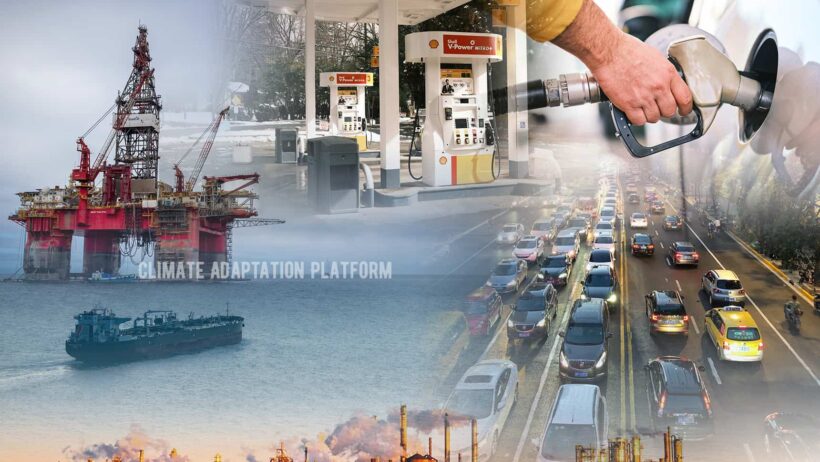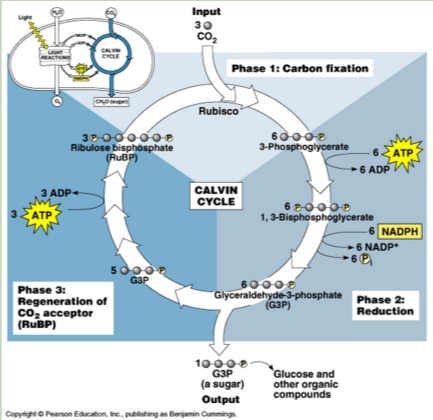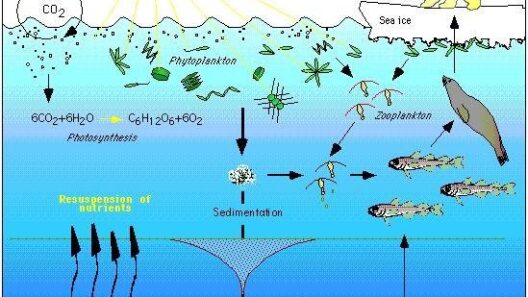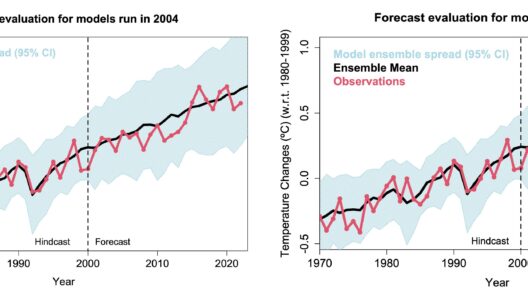As global temperatures continue to rise, driven by anthropogenic greenhouse gas emissions, the intersection of energy demand and climate change emerges as a critical focal point in our environmental discourse. Powering our cities, industries, and homes has become an incessant necessity. Yet, this unbridled quest for energy portends dire consequences for our planet. The climate cost of our energy demands necessitates rigorous examination, as understanding its implications is pivotal for effective policy-making and sustainable development.
At the heart of this dialogue lies the concept of energy consumption. Fossil fuels—coal, oil, and natural gas—constitute the cornerstone of our contemporary energy portfolio. Their combustion releases carbon dioxide and other greenhouse gases into the atmosphere, which trap heat and contribute significantly to global warming. In fact, the energy sector is responsible for over 70% of global carbon emissions. The ramifications of this reliance on fossil fuels are far-reaching, affecting both terrestrial ecosystems and human health.
Moreover, the demand for energy is projected to soar in the coming decades as developing nations industrialize and populations expand. This insatiable appetite underscores the paradox of progress; while energy is vital for economic growth and improved living standards, its environmental cost is increasingly intolerable. As such, transitioning towards renewable energy sources—such as solar, wind, and hydroelectric power—has been heralded as a fundamental strategy for mitigating climate change.
Transitioning to renewables is not just an environmental imperative but also an economic opportunity. Investments in clean technology can stimulate job creation and foster innovation. The International Renewable Energy Agency (IRENA) projects that the renewable energy sector could employ upwards of 24 million people by 2030. However, this transition must be managed prudently, ensuring that the economic advantages do not come at the expense of environmental degradation. For example, the manufacture of solar panels and wind turbines, while less carbon-intensive than fossil fuels, still involves resource extraction and has a carbon footprint of its own.
Additionally, it is paramount to examine the life cycle of energy products. From extraction to decommissioning, every stage in the life cycle of energy generation has a carbon and environmental footprint. For instance, hydropower, often considered a clean alternative, can disrupt local ecosystems and displace communities. Therefore, it is imperative to evaluate energy solutions on a holistic basis—balancing economic, social, and environmental factors.
The concept of energy efficiency also plays a fundamental role in addressing climate impacts. By optimizing energy usage in transportation, manufacturing, and household appliances, we can significantly reduce the overall consumption of energy. Efficient technologies can diminish the demand for power, thereby decreasing reliance on fossil fuels. For instance, the adoption of LED lighting and high-efficiency appliances can yield large reductions in energy use. Furthermore, the promotion of public transportation and other low-carbon mobility solutions can ameliorate both energy consumption and greenhouse gas emissions.
Electricity generation is another fundamental aspect of energy demands and environmental impacts. The transition from coal to natural gas has been lauded as a step towards lowering emissions, as natural gas emits about half of the carbon dioxide per unit of energy compared to coal. However, methane—a potent greenhouse gas—can leak during the production and transportation of natural gas, potentially offsetting its climate benefits. Therefore, a comprehensive assessment is required to determine if the switch to natural gas presents a net positive or negative impact on climate objectives.
In the pursuit of increasing energy demands, the concept of energy security cannot be overlooked. Nations are often compelled to prioritize short-term energy needs over long-standing environmental policies. This tension between energy security and environmental stewardship illustrates an essential dichotomy that must be reconciled. Countries are navigating the fine line between ensuring reliable access to energy and committing to their climate goals. Solutions such as energy storage and smart grid technology promise to enhance resilience and flexibility in energy systems, facilitating further integration of renewables while addressing baseline energy needs.
Public awareness and consumer behavior also play a pivotal role in shaping energy demand. Educating the populace about the environmental impacts of energy choices can lead to more informed decisions. Initiatives aimed at promoting energy conservation and renewable energy adoption can mobilize grassroots movements and encourage shifts toward sustainable practices. Behavioral changes at the individual and community levels can produce substantial cumulative effects on energy consumption and emissions.
Lastly, it is critical to underscore the importance of international cooperation and policy frameworks in addressing the climate cost of energy demand. The Paris Agreement exemplifies a global commitment to mitigating climate change by limiting global temperature rise. However, adherence to such agreements necessitates robust national policies, ambitious emissions targets, and the mobilization of financial resources for developing countries grappling with energy access challenges. Collaborative efforts, technology transfer, and capacity-building initiatives can facilitate a more equitable transition to sustainable energy systems.
In conclusion, the climate cost of power demands is a multifaceted issue that requires an intricate balance between energy needs and environmental sustainability. An effective strategy must encompass shifts towards renewable energy, increased energy efficiency, innovation in technology, education, and robust policy measures. By harnessing collective action and an unyielding commitment to sustainable practices, we can forge a pathway toward a resilient energy future that honors both our planet and its inhabitants.








